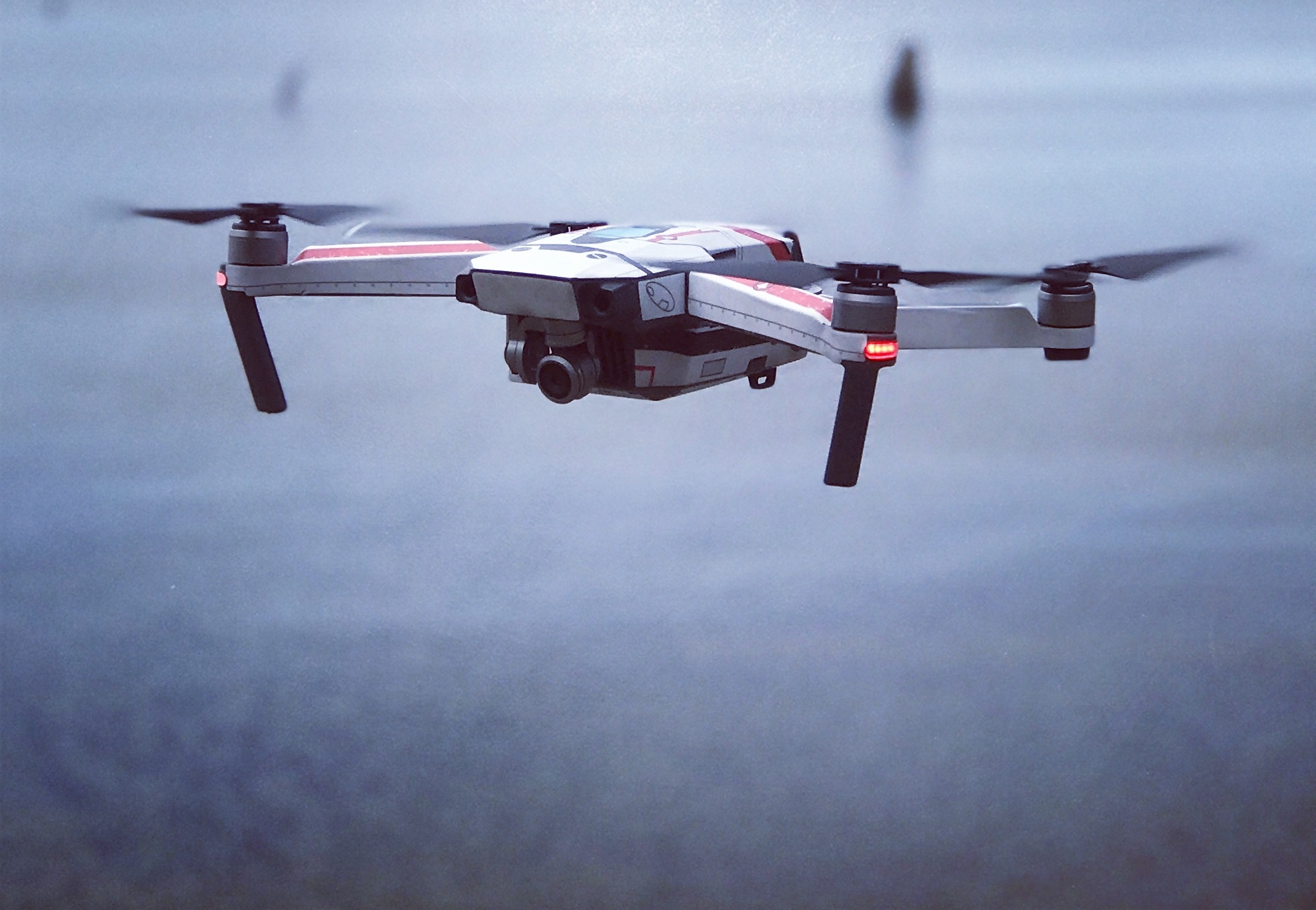This month, the U.S. Department of Transportation (DOT) has updated its policies and guidance for automated vehicles — Preparing for the Future of Transportation: Automated Vehicles 3.0 (AV 3.0). This update not only provides clarity and further guidance on DOT’s existing policies, including the use of voluntary safety standards and the proper roles for the Federal and state governments, but also expands DOT’s guidance beyond passenger vehicles to other modes of transport. The automated vehicle…
Effective January 1, 2020, according to a new Cal. Civ. Code § 1798.91.04(a), manufacturers of connected devices offered for sale or sold in California must equip such devices with reasonable security features to protect the device and any information contained in them from unauthorized access, destruction, use, modification, or disclosure. Unlike the GDPR and other data privacy laws, which impose obligations on data controllers and processors, the Californian law applies to organizations irrespective of whether…
IntroductionThe integration of high technology software and sophisticated systems in automobile design has produced cars that have become complex computers teeming with billions of data. Built-in sensors, Internet-connected dashboards, video content-sharing capabilities, and infotainment platforms have made these smart cars hyper-efficient data collecting machines. While this development presents exciting opportunities, it is critical to have a robust strategy to address the associated risks.1. Designed with Data Security in MindAutomakers will need to consider privacy and data…
NHTSA Removing Regulatory Barriers for Vehicles with Automated Driving Systems Comment Deadline: 5 March 2018Summary: National Highway Traffic Safety Administration (NHTSA) has requested comments related to current Federal Motor Vehicle Safety Standards (FMVSS) that may affect development of automated driving system-equipped (ADS-equipped) vehicles. NHTSA would like commenters to identify FMVSS that would limit an entity’s ability to develop ADS-equipped vehicles without any manual controls (e.g., steering wheel, brake and accelerator pedals), or designed with unconventional interiors…
Baker McKenzie recently added a preeminent aviation and unmanned aircraft systems (UAS) law practice in our Washington DC office. The practice is led by Kenneth Quinn, Global Chair, Aviation, and Jennifer Trock, head of the ABA’s Drone Law Committee, who co-chairs our UAS law team with Ken. We’re excited to announce the launch of our Global Aviation group’s UAS Insights blog and its associated Twitter account (@UAS_Insights).The drone law regulatory framework has evolved quickly. We…




